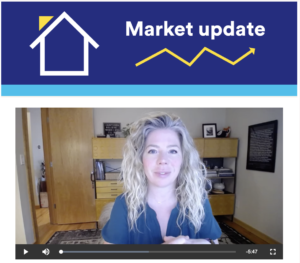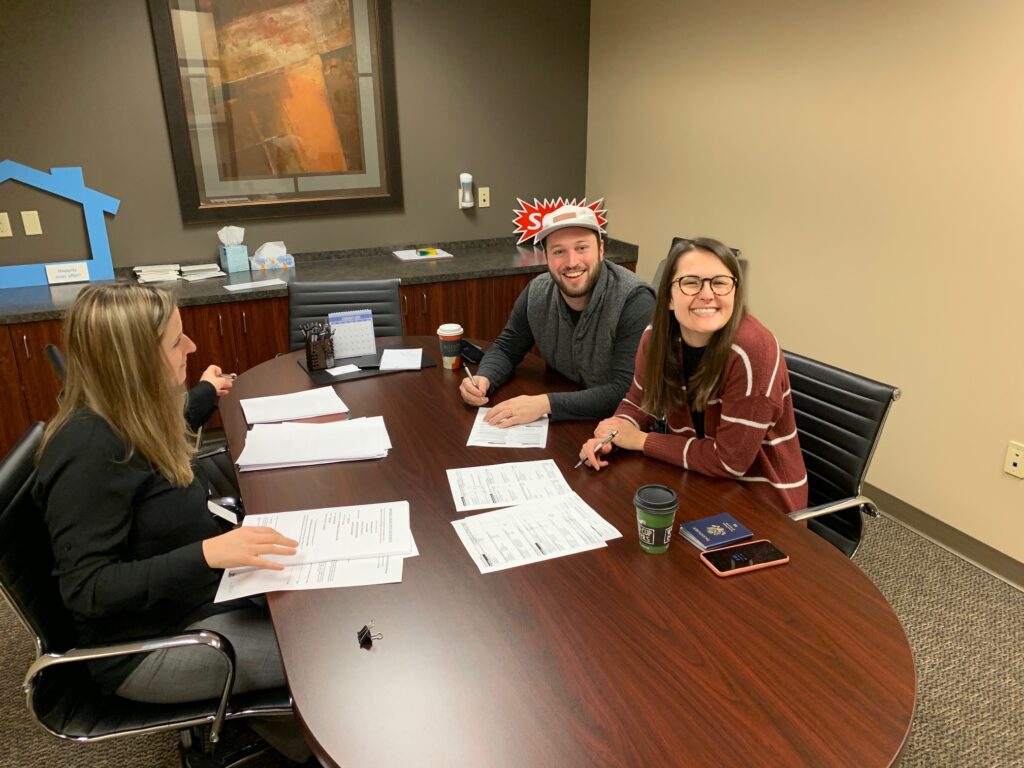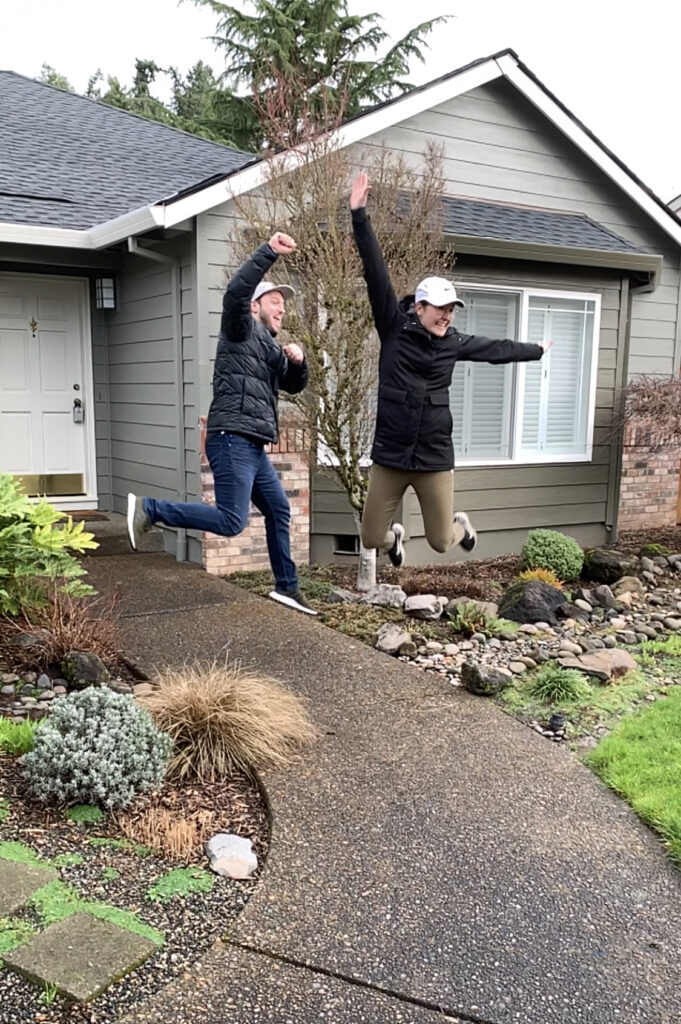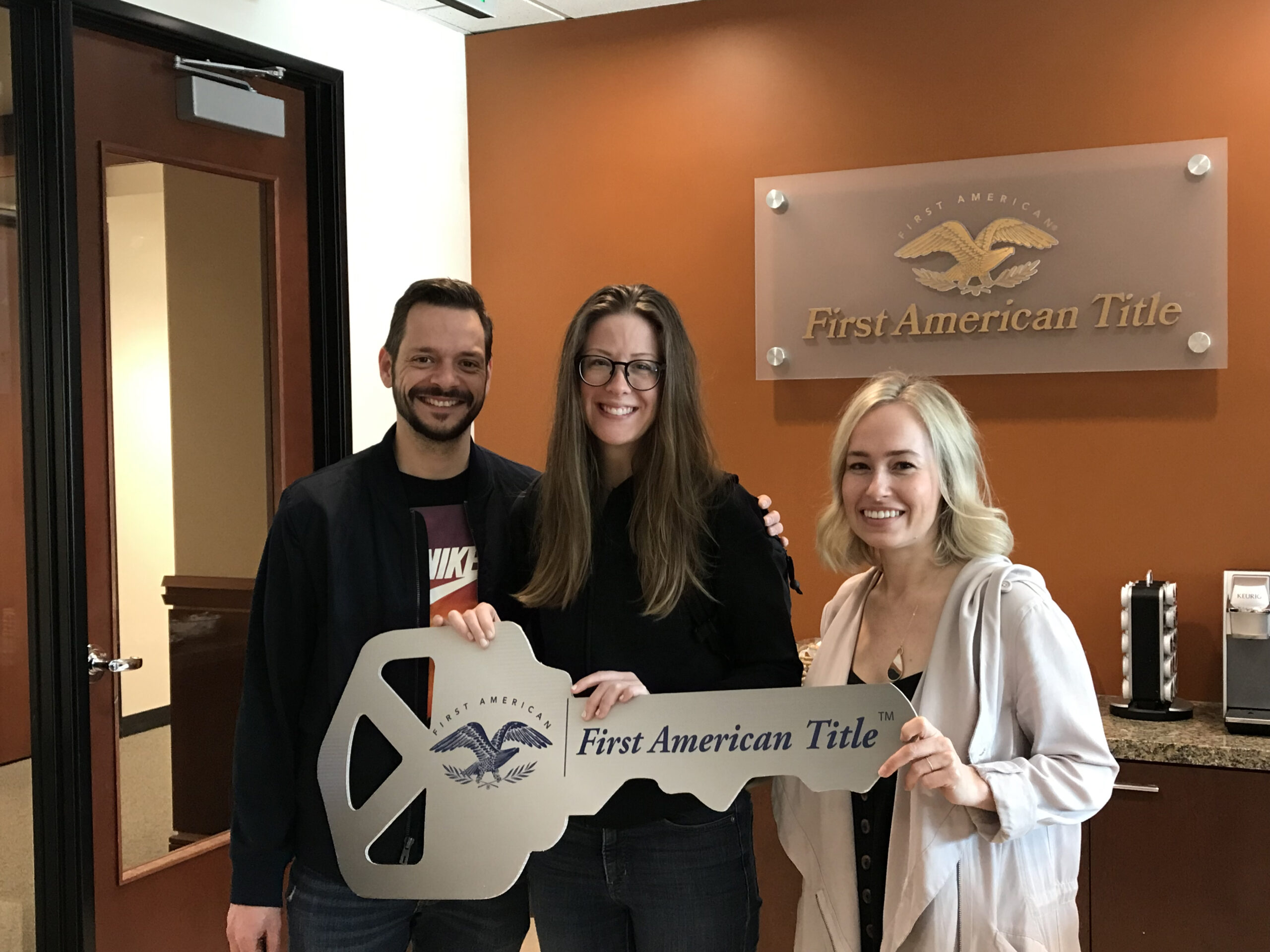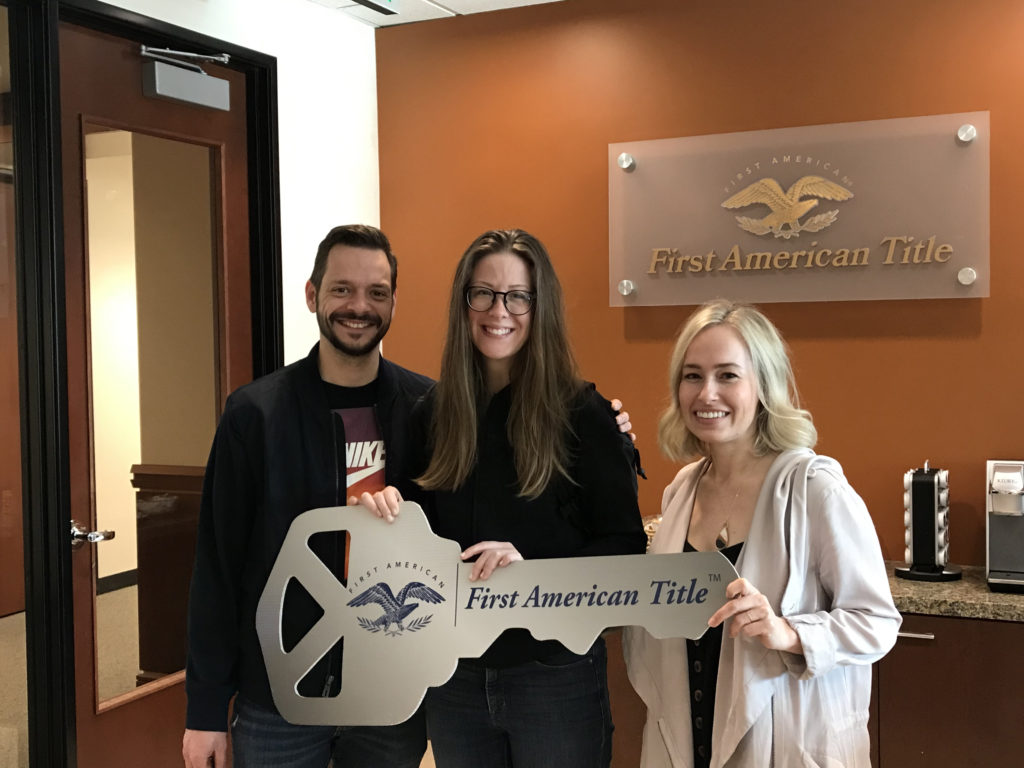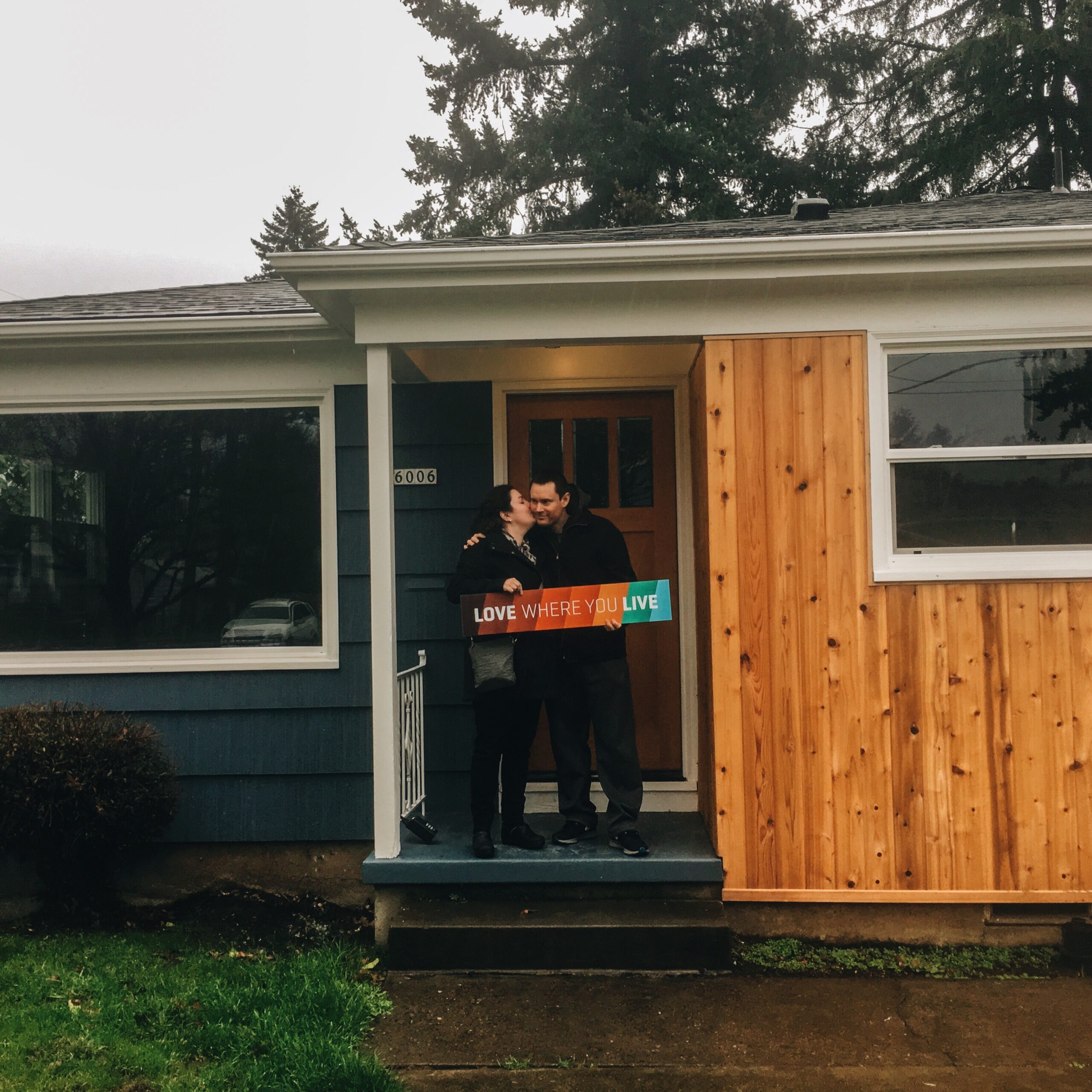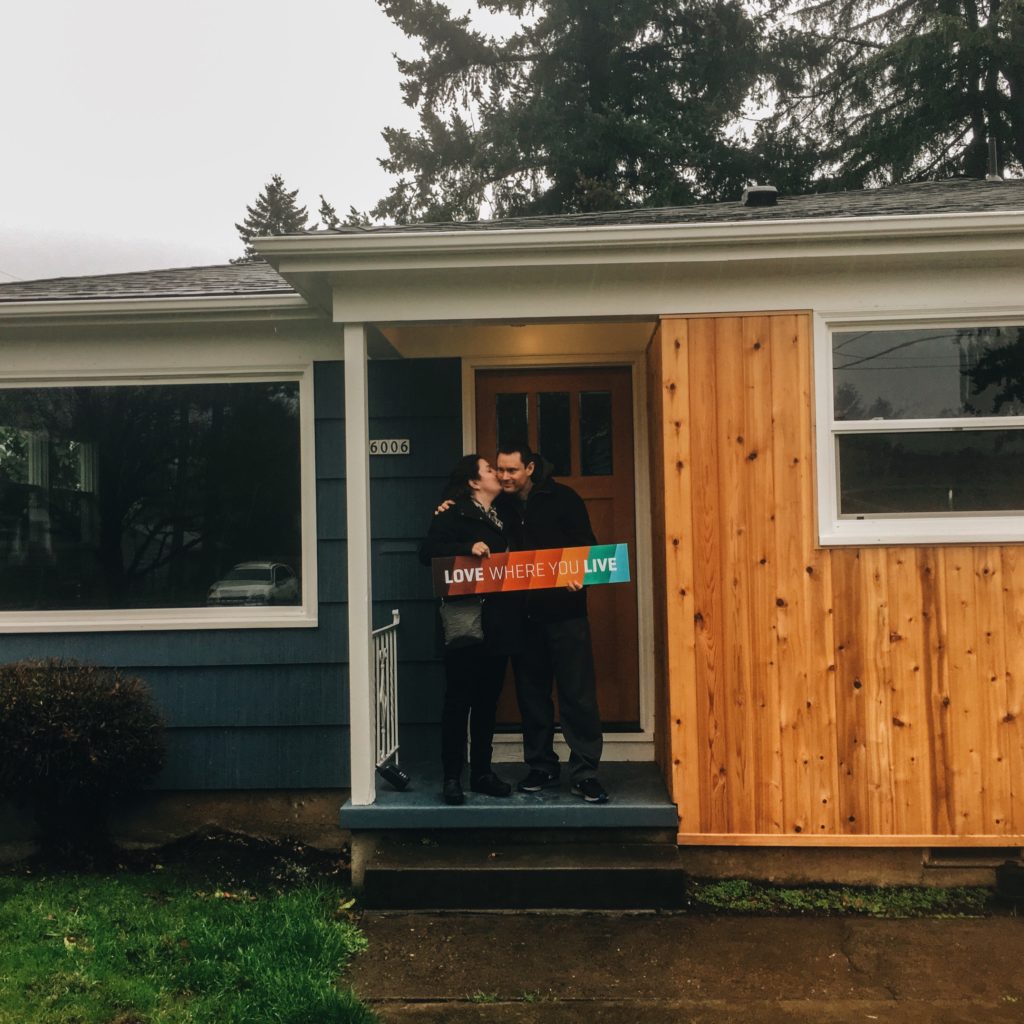TL;DR
- There are many programs for first-time homebuyers that can make buying your first home more possible than you think!.
- Yes, credit score matters; however, the score you need will depend on what program you are looking at and a variety of other factors so don’t let a perceived low score keep you from starting!
- Down payments can be as low as 3% (or 0% if you qualify for a VA loan). The 20% down payment “rule” is largely a myth.
- Remember that you are not alone in this process even from the very beginning and a great Realtor® and lender can help you make sense of the sea of information out there! (why not start with me?)
- At the end of this blog, you’ll find a list of resources and programs for first-time homebuyers in Washington and Oregon. Check it out, do some research, and/or reach out with any questions.
"homeownership can be more than just something our parents did because the world was different"
If you’re dreaming of buying your first home but feel like the odds are stacked against you, let me be the first to say: It’s not impossible! The truth is, with the right resources and support, homeownership can be more than just something our parents did because the world was different (it was but we still have options). There are countless programs designed specifically for first-time homebuyers to help make the process less daunting and more affordable. Let’s dive into the essentials of getting started and explore some fantastic resources for first-time buyers in Washington and Oregon.
First Things First: Gather Some Information
Before giving up on your home-buying dreams and committing to a life of foraging and reposting perfect memes across the internet, I urge you to take some time, take a look at your financial situation, open yourself up to the possibility of utilizing one of the many first-time homebuyer programs available to yourself, and reach out to a lender for a pre-approval. If it still isn’t happening for you, then make a plan for how it will get better, share all the memes you want, and check in again in a year or so. Here are the first 4 simple things to get you started.
Understand Your Credit Score
Your credit score is a key factor in determining the mortgage you qualify for and the interest rate you’ll receive. A score in the “good” range (670+) opens up the good opportunities and they just get sweeter the higher you go, but don’t worry if your score is lower—there are still plenty of options available. To check your credit score and review your report for errors or discrepancies, visit AnnualCreditReport.com, where you can access your report for free once a year.
Figure Out Your Comfy Monthly Mortgage Amount
Knowing what you can comfortably afford will not only help narrow your home search, but give you a head start on how to talk to your lender. Some folks will look at the home prices around them, determine what house they want, then go to a lender and say “Hey! Can I buy a $450,000 house?” Many lenders will say “Yes!” And everybody gets excited until the monthly payment comes through at $1000 more than you have been paying for rent because you have very little down and a high interest rate and the lender tacked all that onto the monthly payment instead of discussing options. You feel cheated and lied to and we are back to the memes. If you start with an “I want to pay around $x per month” it can actually open up wider possibilities for you because your lender can shift things around. You can learn about options that may have lower interest at the start to get you to your number but go up steadily if you’ve got an amazing and secure job with standard raises and can plan for it.
Try this, use your current rent as a baseline. Can you comfortably stretch it a little to build equity instead of a landlord’s portfolio? Factor in renters insurance, utilities, and property tax savings like mortgage interest deductions. Plus, unlike rent, which only goes up, a mortgage is yours to control—and refinancing is always an option.
Potential tip: Do you have large monthly debt payments? It might make sense to stretch what you can afford by paying off high-interest credit cards with some of your down payment savings and contributing less down. With some of the programs featured in this blog that require smaller down payments, you might save more on eliminated debt payments than you would pay in PMI.
Play Around With Mortgage Calculators
Online mortgage calculators can help you estimate monthly payments based on loan amounts and interest rates. However, be mindful that these tools often don’t include additional costs like closing costs, property taxes, and home insurance, which can add $200-$400 to your monthly expenses. I personally like using Mortgage News Daily’s calculator, which allows you to account for all these variables.
Here’s an example of what a monthly payment could potentially look like:
- Home Price: $350,000
- Mortgage Rate: 7.25%
- Down Payment: $10,500 (3%)
- Loan Amount: $339,500
- PMI: $175/month
- Taxes: $2,200/year
- Insurance: $1,500/year
- Monthly Payment: about $2,799/month
This fictional scenario is based loosely on a two-bedroom, one-bath, 1,000-square-foot home in Washington.
Assess Your Savings
The traditional 20% down payment allows you to avoid private mortgage insurance (PMI) and achieve lower monthly payments (a prime example that it’s expensive to be poor). However! Many programs allow for much lower percentages, like 3-5%, with that added PMI which sometimes is only $100-$200 a month. And once your equity in your house reaches 20% of its value, you can refinance and drop that pesky PMI at that time! Let’s follow up on the outlined example above. Imagine that after a year or two, your house value has increased to 400,000, and you have made $10,000 of principal payment, you now own 20% of your home ($42,000 in equity)! You can refinance and remove that PMI to bring your monthly down to around 2,650/month (and maybe further if rates go down by then as well).
Use your strengths to find the right program for you!
Now that you have a clear idea of your financial strengths, check out this smattering of first-time home buyer programs I have collected for you below. There are likely more than these out there and at the end of the day, your mortgage broker can help determine which works best for you as they will have a much more inclusive look into your finances than I ever could, but if I could give you a pre-lender step, it would be this. Consider what you gathered about your financial information. What are your strengths? Do you have a great income with increasing raises but not much savings? Do you have a low income but low debt and a decent credit score? Etc. take a look at the programs below and see what sounds good! You can find more information about each using the attached links and as always, if you have any questions or would like to be connected to a lender or program specialist, shoot me a text or an email!
Washington Only Programs
- Home Advantage Program
- Key Elements: Provides up to 4% in down payment assistance, competitive fixed-rate loans, and support for borrowers with low credit scores (minimum 620).
- Who It’s Good For: Buyers needing flexible loan terms and down payment assistance.
- Requirements: Minimum 620 credit score, Completion of a homebuyer education course.
- Learn More: WSHFC Home Advantage Program
- EnergySpark Home Loan Program
- Key Elements: Offers lower interest rates for energy-efficient homes, reducing monthly mortgage payments.
- Who It’s Good For: Buyers purchasing energy-efficient homes or upgrading homes to meet green standards.
- Requirements: Property must meet specific energy-efficiency certifications (e.g., Energy Star).
- Learn More: EnergySpark Home Loan
- Opportunity DPA
- Key Elements: Offers up to $15,000 for down payment and closing costs, targeting low- to moderate-income buyers.
- Who It’s Good For: Buyers needing significant help with upfront costs.
- Requirements: Income limits, must be combined with WSHFC loans, and completion of homebuyer education.
- Learn More: Opportunity DPA
Oregon Only
- NeighborhoodLIFT Program
- Key Elements: Provides down payment assistance grants, typically around $15,000, targeting first-time homebuyers.
- Who It’s Good For: Urban buyers needing help with upfront costs.
- Requirements: Income limits and completion of a homebuyer education course. Program availability depends on funding.
- Learn More: NeighborhoodLIFT Program
- Portland Down Payment Assistance Loan Program
- Key Elements: Offers up to $100,000 in down payment assistance for homes in targeted neighborhoods. Often forgivable or deferred after a set period.
- Who It’s Good For: Buyers in revitalization areas in Portland with low- to moderate-income levels.
- Requirements: Income limits and primary residence requirement. Completion of homebuyer education is mandatory.
- Learn More:Portland Housing Bureau
- Oregon Housing and Community Services (OHCS)
- Key Elements: Offers down payment assistance, closing cost help, and affordable loans like FirstHome and Flex Lending.
- Who It’s Good For: Low- to moderate-income buyers across Oregon.
- Requirements: Income limits and first-time buyer status. Completion of homebuyer education is required.
- Learn More: OHCS Homeownership Programs
- First-Time Home Buyer Savings Account
- Key Elements: Tax-advantaged savings accounts designed for building funds for down payments or closing costs.
- Who It’s Good For: Buyers in the planning phase of homeownership who want to save strategically.
- Requirements: Account must be opened at a participating financial institution.
- Learn More: Oregon First-Time Home Buyer Savings
Nationwide
- USDA Rural Development Loans
- Key Elements: Zero down payment loans for properties in eligible rural areas, with competitive interest rates.
- Who It’s Good For: Buyers in rural areas with moderate income and limited savings.
- Requirements: Property must be in an eligible area, and income limits apply based on location and household size.
- Learn More: USDA Rural Development
- FHA Loans
- Key Elements: Low down payment (3.5%) and credit score flexibility (minimum 580, sometimes lower with compensating factors).
- Who It’s Good For: Buyers with lower credit scores or limited savings.
- Requirements: Stable income, debt-to-income ratio limits, and property must meet FHA standards.
- Learn More: FHA Loan Program
- VA Loans
- Key Elements: No down payment, no private mortgage insurance (PMI), and competitive interest rates.
- Who It’s Good For: Veterans, active-duty service members, and eligible surviving spouses.
- Requirements: Certificate of Eligibility (COE) from the Department of Veterans Affairs.
- Learn More: VA Home Loans
- Local Credit Union Programs
- Key Elements: Many credit unions offer customized low-interest loans, down payment assistance, and grants.
- Who It’s Good For: Local residents who are members of credit unions.
- Requirements: Membership in the credit union; specific terms vary by institution.
Looking for a lender to call?
Below are some lenders I have worked with that I trust to handle programs discussed in this blog or even just a great conventional loan!
Your Next Steps
Navigating the world of homeownership for the first time can feel overwhelming, but you don’t have to go it alone. You don’t even have to remember a single word of what you just read! If you take anything from this blog, simply know that homeownership is more possible than many people think and I, as your Real Estate Broker and guide, am here to help you sort it out from the very beginning! From understanding your financing options to connecting with the right lender and making sense of the jargon, I’m here for you and am happy to chat and answer questions any time.
Feel free to reach out to me with your questions or to schedule a consultation. Together, we’ll make a plan tailored to your unique circumstances and goals. You can reach me at jon@cominghomepnw.com or follow me on Instagram at @cominghomepnw. Let’s get you one step closer to unlocking the door to your first home!
Disclaimer: I am not a mortgage lender, financial advisor, or directly affiliated with any of the loan programs mentioned in this blog. The information provided here is for general informational purposes only. Please independently verify program details and consult with qualified lenders or financial professionals to ensure they meet your specific needs.
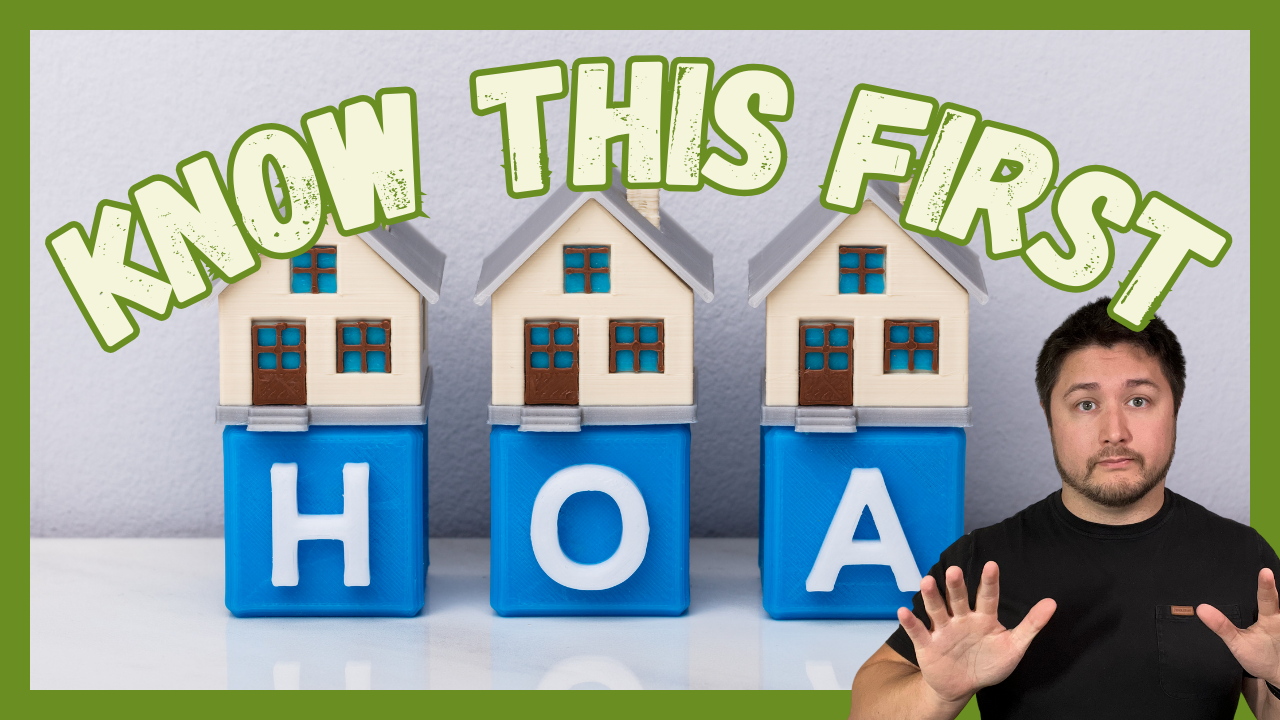













 If you only have enough to cover new paint, some new hardware for cabinets, and an appliance or two, maybe a “light” cosmetic fixer or a more modest-sized home is best. If you have enough cash to replace all the cabinetry, re-do the bathrooms, replace light fixtures and flooring, you’ll have more options.
If you only have enough to cover new paint, some new hardware for cabinets, and an appliance or two, maybe a “light” cosmetic fixer or a more modest-sized home is best. If you have enough cash to replace all the cabinetry, re-do the bathrooms, replace light fixtures and flooring, you’ll have more options.
 Thanks to Zillow, Redfin and a host of other websites, shopping for a new home has never been easier. Most of the time you can connect directly to a real estate agent who can open a door and show you any home you want to see. Convenient, yes? Same as having a real estate agent of your own? NOT EVEN CLOSE.
Thanks to Zillow, Redfin and a host of other websites, shopping for a new home has never been easier. Most of the time you can connect directly to a real estate agent who can open a door and show you any home you want to see. Convenient, yes? Same as having a real estate agent of your own? NOT EVEN CLOSE.

